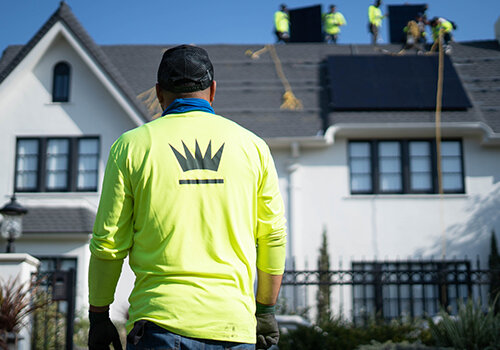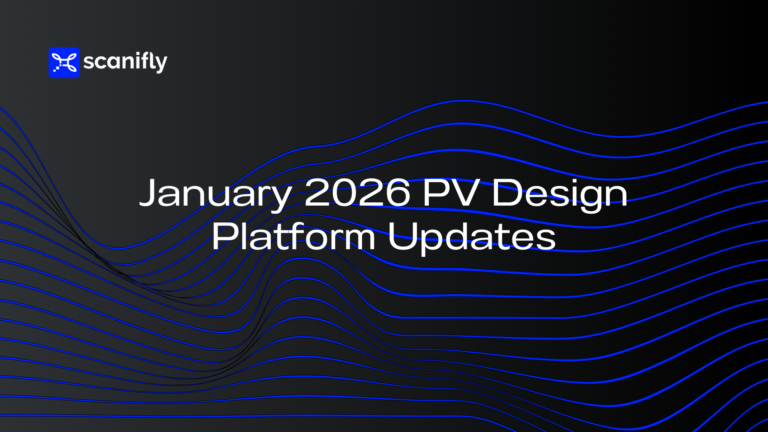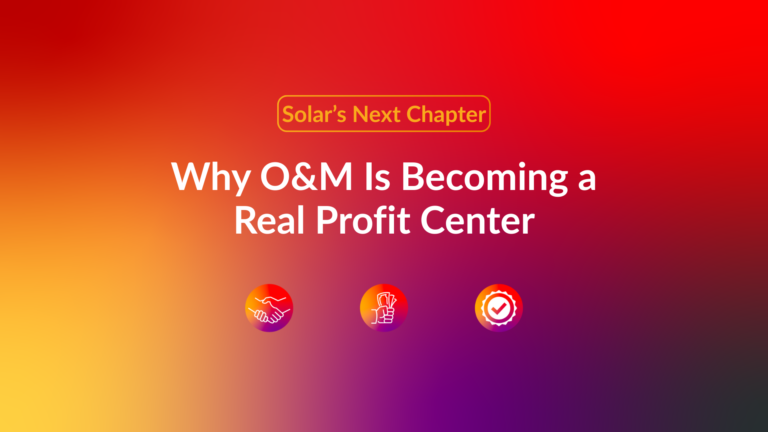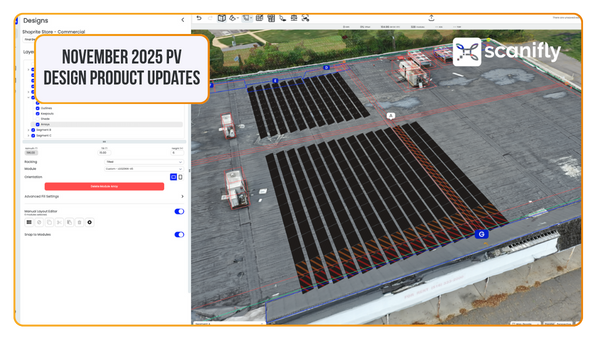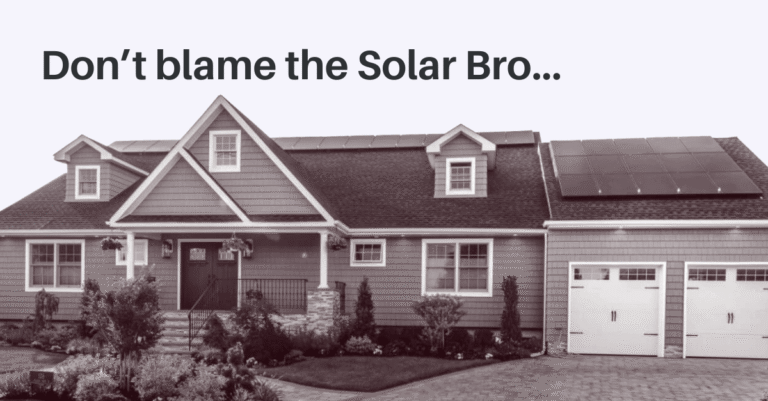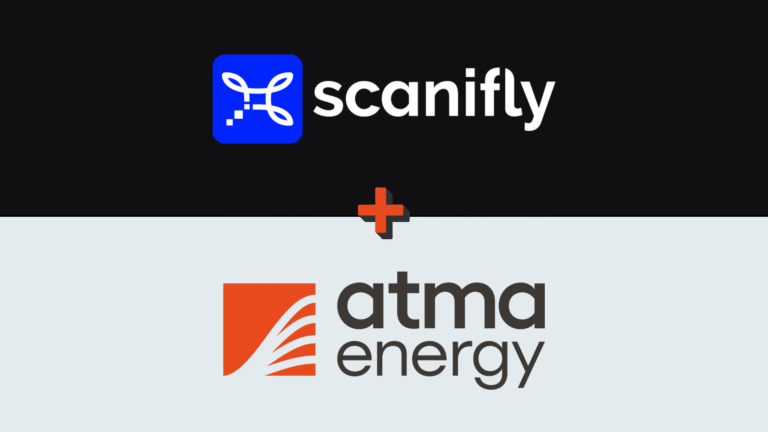Steve Buchmiller got into solar by accident. An oil fields contractor originally, he started looking for new opportunities when the price of oil fell in the mid-2010’s. Solar was just starting to pick up at that point, so he started using his oil field employees to help execute on solar survey and installation jobs. Demand kept growing, so he and his partners spun out Empire Solar into its own company in 2015.
Now, Empire Solar operates nationwide with over 600 employees helping thousands of Americans every day. Thinking back on the company’s success to date, Steve attributes it to combining the work ethic he learned in oil fields and leveraging innovations like dealer sales and drones well before they were popular.
Why did you start Empire Solar Group?
We had a business working in the oil field, but when oil prices fell around 2014 we all found ourselves back at corporate headquarters wondering what to do. We had to evolve into something else if we wanted the company to survive.
An opportunity to get into solar came from a marketing company. That company had just sold a solar contract, and asked us if we had the expertise to install it. We didn’t know much about solar at the time, but we knew the basics of panel installation from our time working in the oil fields, so we wanted to give it a try and learn on the go.
Some of the employees in our oil field company moved over to solar projects and we started getting a few more deals through similar marketing companies. That’s when we realized the power of the ‘dealer model,’ where we installed solar projects after other people sold them. It’s a commonplace model now, but it was new at the time and really helped us go from zero to hyper growth in the solar industry.
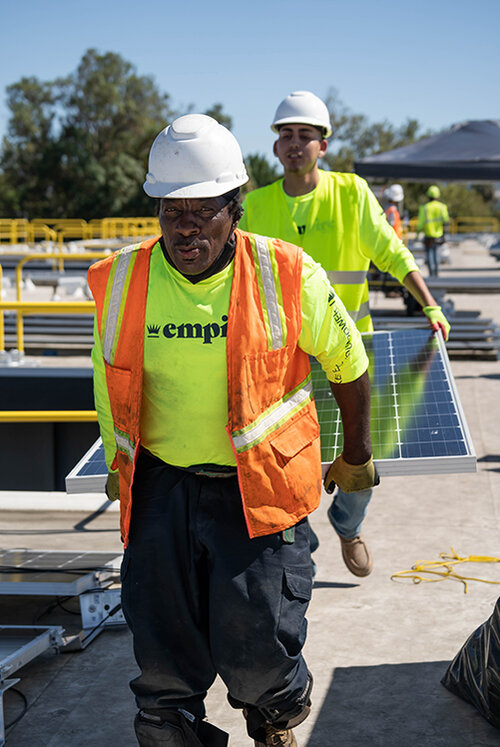
How do you differentiate from competitors?
Our main differentiators are novel approaches to business and speed to execution.
The dealer approach isn’t unique, but we were one of the first companies to really leverage the model in solar. That helped us get a lot of experience very quickly, since we focused all our efforts on learning how to install solar projects really well. That helped us accelerate quickly to become a known and trusted provider in the solar world, even though the company was fairly new in the market.
Our focus on installation-only at the start also helped us move more quickly than our competition. While they were focused on every element of the business from sales to admin, we only focused on execution. So any time someone sold a solar project, they could call us and we’d be able to execute quickly. That put us in a position to be a first-choice installer for many dealers, which in turn helped us learn even more and develop efficiencies and domain expertise.
Why did you start using drones?
I’m a big believer in technology and following new innovation, so I looked at how technology could help us move even faster. That’s when I first stumbled upon drones. We were one of the first solar companies using drones, and it was really clunky at first. Honestly it was probably a bit less productive at the start, but I knew in my gut that technology was going to revolutionize the industry and I thought drones were going to be a key part of that change, so we kept going.
After a few months of ad-hoc training, my gut was proven right. We first started using drones just to take better images of roofs. Then we realized we could avoid having our surveyors go on the roof altogether if we used drone images with 3D-modeling software that was purpose-built for solar, like Scanifly.
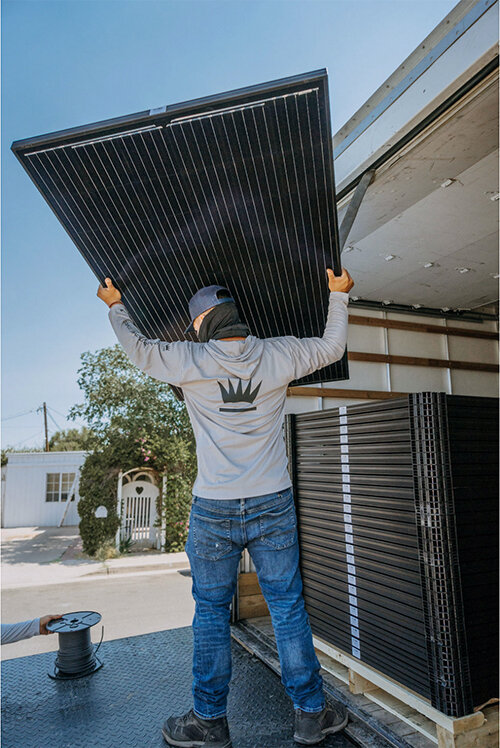
Did drones benefit Empire Solar Group beyond site assessment efficiency?
Absolutely – it smoothed everything out. Beyond assessments, we noticed that drones helped us with setting customer expectations, in the design process, in the permits and installation process, and in overall employee safety. We even noticed direct financial benefits from using drones.
When we have high quality images and scans from drones, we can more accurately tell customers what we can do for them. Those images then make a much faster (and more accurate) design process, so we don’t run into a situation of having to drop a panel or re-submit planning permissions on the day of installation. And of course we don’t have people on roofs for as long – in surveys or on installation day – meaning everyone’s safer and more efficient. From a financial perspective, drones saved us money by not needing to buy additional insurance for surveyors or needing to pay for expensive aerial and satellite images. This all wraps up into a significantly better customer experience, which is critical for us because we work with customers for up to 25 years depending on their warranties.
We also noticed a very positive unintended consequence when we started using drones: customers loved them. They would come out of their house to watch us work. It helped deliver even more momentum for our company, some of which I outlined on your Surveying to Scale webinar last month.
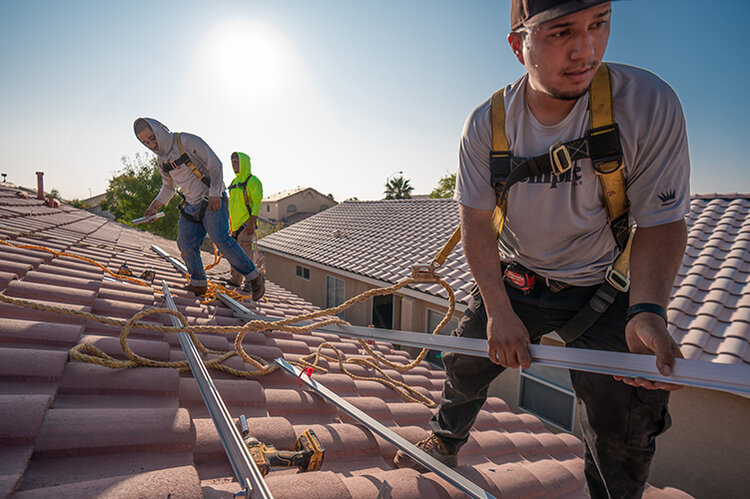
Where do you see the future of Empire Solar Group going?
There’s so much room for growth in solar. We’ve seen an increase in the public’s general understanding of solar, which means even more opportunities will come down the pipeline as people look to alternative energy sources for their homes and businesses. This is obviously great news for us, but at the same time we see solar installations as a way to build even bigger customer relationships. We do solar installation work, but at the end of the day we’re in the overall home improvement business. If we build a great relationship with someone from a solar job, we can think about offering that same experience in any sort of home improvement project.

